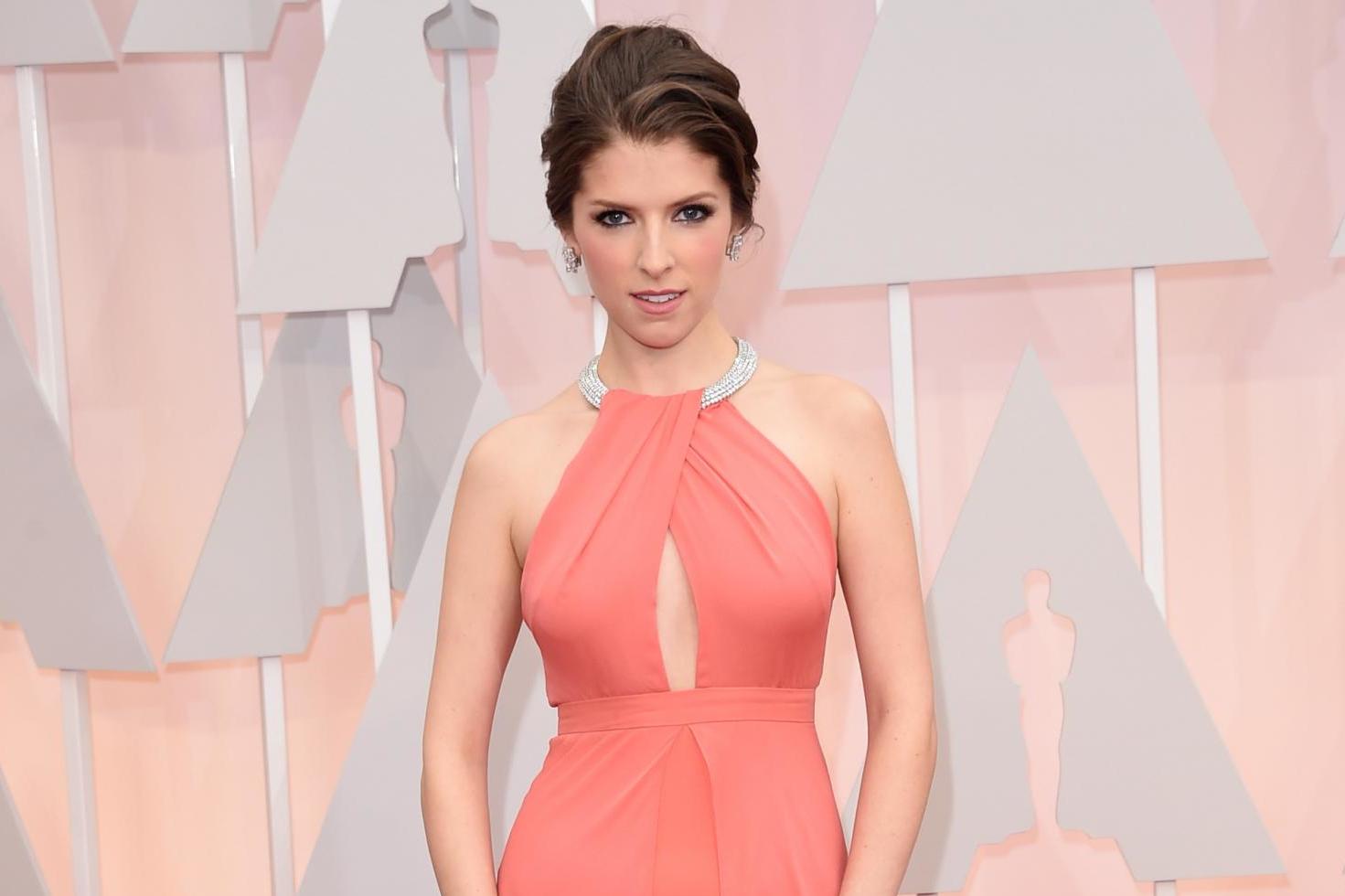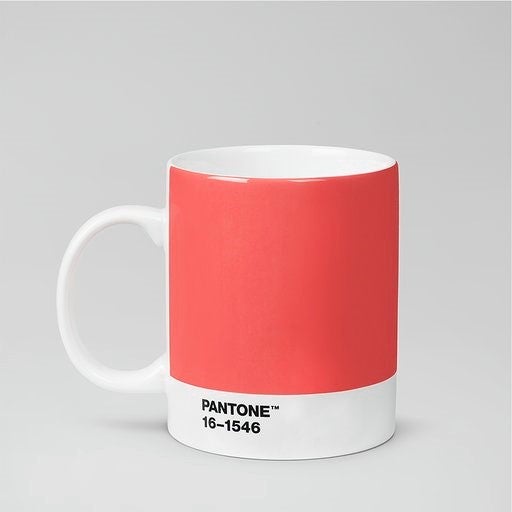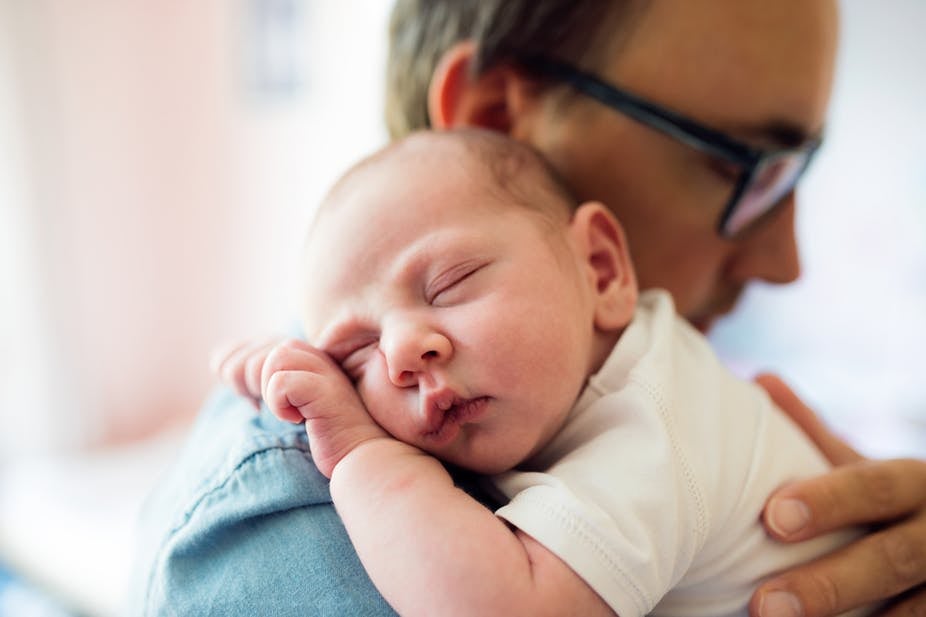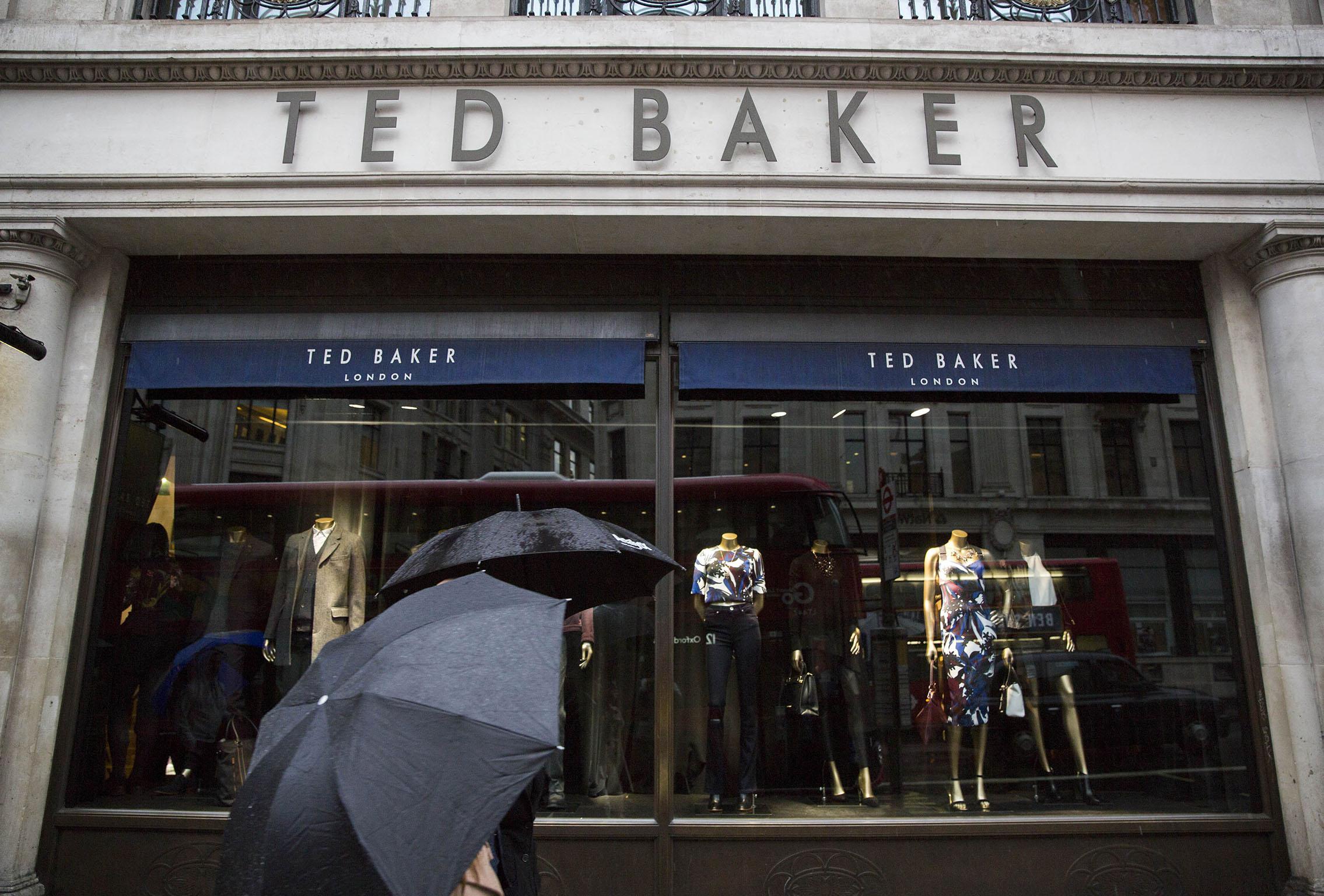Lifestyle Barometer: your guide to what’s hot and what’s not this week from Pantone’s Colour of the Year to Imposter Syndrome
From mental health to pet names and forced hugging, this is our guide to what’s hot and what’s not

Going up:
Pantone’s Colour of the Year 2019

Living Coral has been revealed as Pantone’s Colour of the Year for 2019.
Ultra Violet was last year’s choice, but after a rise in millennial pink trends across fashion and beauty in recent times, a variation of the girlish hue has been selected.
Laurie Pressman, vice president of the Pantone Colour Institute, said: “Pantone 16-1546 Living Coral reinforces how colours can embody our collective experience and reflect what is taking place in our global culture at a moment in time.“
The shade has also been described as being “evocative of how coral reefs provide shelter to a diverse kaleidoscope of colour“.
In celebration of the announcement, Butter London, Pantone’s official beauty partner, is launching a collection of makeup products inspired by the shade.
Powerful women

Forbes has announced its list of the 100 most powerful women in the world for 2018, with German chancellor Angela Merkel topping the ranking for the eighth year running.
The business magazine’s list, which is in its 15th year, includes women who are deemed as being the most influential leaders across the globe today.
In second place is prime minister Theresa May, followed by Christine Lagarde, managing director of the International Monetary Fund.
Also in the top 10 are Melinda Gates, co-chair of the Bill and Melinda Gates Foundation, Susan Wojcicki, chief executive of YouTube, and Ginni Rometty, chief executive of IBM.
People were quite right to notice that a number of notable names were missing from this year’s roundup, including Hillary Clinton, Michelle Obama and Tarana Burke, founder of the #MeToo movement.
New fathers’ mental health

NHS England has announced that new fathers will now be offered mental health screenings and treatment if their partners are suffering from illnesses such as postnatal depression, anxiety and psychosis.
The move comes after research found that one in five women will encounter mental health problems in the first year after the birth of their child, but one in 10 men will also be affected.
The new initiative, which has been described as “radical” by the NHS, aims to prevent men’s mental health problems from being overlooked and help parents ease into family life.
“These days dads and partners are rightly expected to be more hands-on,” said Simon Stevens, chief executive of NHS England, “and NHS mental health services also need to step up and support families at times of extreme stress and anxiety.”
Pet names

According to a new study, pet names such as “sweetie”, “muffin” and “baby” could actually strengthen romantic relationships.
The survey of 1,026 adults, conducted by Superdrug Online Doctor, found that using pet names increases relationship satisfaction by 16 per cent in the US and 9 per cent in European countries.
It also revealed that using pet names can be beneficial because it fosters a sense of intimacy between partners and boosts emotional connections.
As for which names were most popular, “cutie”, “princess” and “honey” came out on top, with less favourable labels like “sweet cheeks” “papi” and “daddy” named the least common.
Pirelli calendar 2019

Pirelli has unveiled its annual calendar for 2019, and it’s all about championing female ambition.
Now in its 46th edition, this year’s iteration has been given the title “dreaming”, and includes a photographic series by Albert Watson starring celebrities like Gigi Hadid, ballet dancer Misty Copeland, and actors Julia Garner and Laetitia Casta.
Each of them take on different roles to tell the tale of four women pursuing their own dreams and passions in the calendar with many of the photographs shot in black and white.
The concept was inspired by Watson’s passion for film, which prompted him to give each woman a specific character to play with her own backstory.
Going down:
Meat-based idioms

Phrases like “bringing home the bacon” and “putting all your eggs in one basket” could soon become obsolete as a result of the rise of veganism.
Shareena Hamzah of Swansea University recently wrote for The Conversation in which the researcher pointed out that idioms involving animal products could soon be a thing of the past because they are out of touch with the zeitgeist.
“In today’s reality, meat is repeatedly the subject of much socially and politically charged discussion, including about how the demand for meat is contributing to climate change and environmental degradation,” she wrote.
“Given that fiction often reflects on real world events and societal issues, it may very well be that down the line powerful meat metaphors are eschewed.
“The increased awareness of vegan issues will filter through consciousness to produce new modes of expression.”
Forced hugging

Staff at fashion retailer Ted Baker have called for an end to the “forced hugging” that they claim is endorsed by the company’s founder and chief executive, Ray Kelvin, arguing that it fosters a workplace culture in which sexual harassment goes unchallenged.
Employees have set up an online petition to “scrap” the unusual practice and also accuse Kelvin, 62, of making “sexual innuendos at staff” and “stroking people’s necks”. IT has since garnered more than 2,300 signatures.
In response, the fashion chain has denied allegations of misconduct in a statement that says, “hugs have become part of Ted Baker’s culture, but are absolutely not insisted upon.”
The company added that it will be conducting a “thorough investigation” into the claims.
Airbrushing

Jameela Jamil, the body positivity activist who launched the “I Weigh” movement, has now turned her attention to airbrushing.
The star of TV series The Good Place, wrote about the dangers of airbrushing for the BBC 100 Women series, saying it should be made illegal and labelling it a “crime against women”.
“I think it’s a disgusting tool that has been weaponised, predominantly against women, and is responsible for so many more problems than we realise because we are blinded by the media, our culture and our society,” she writes.
“It exists to sell a fantasy to the consumer that this ‘perfection’ is indeed possible.”
Jamil went on to describe airbrushing as “anti-feminist” and stressed the importance of seeing women who have wrinkles, cellulite and stretch marks in photos.
Imposter syndrome

A term used to describe the psychological phenomenon of intense feelings of self-doubt to the extent where people feel like a fraud, imposter syndrome is prevalent, particularly in young people, with a survey claiming that a third of millennials experience it in the workplace.
However, it can affect anyone, regardless of their success. Recently, former first lady Michelle Obama revealed that she still experiences imposter syndrome on a regular basis, explaining that the feeling “never goes away”.
Speaking with feminist author Chimamanda Ngozi Adichie at a sold-out event at the Royal Festival Hall in London, Obama said: “I still have a little impostor syndrome, it never goes away, that you’re actually listening to me.
“It doesn’t go away, that feeling that you shouldn’t take me that seriously. What do I know?
“I share that with you because we all have doubts in our abilities, about our power and what that power is”.
Avocados

A staple on brunch menus far and wide, avocado has become one of the most popular foods in recent years.
However, new reports suggest that it could be on its way out after a number of trendy cafes have begun removing it from their menus due to environmental concerns.
The Wild Strawberry Cafe, on Peterley Manor Farm in Buckinghamshire, shared a post on its Instagram page earlier this week explaining why it had decided to ban avocado from its kitchen.
“As of today, we will no longer be serving avocado in the yurt. This. Is. Not. A. Joke,” the caption reads.
“Controversial? Absolutely… we’re as acquainted as the next person to our weekly intake of smashed avocado toast but this is something we have thought long and hard about.”
The cafe then went on to explain the multiple reasons behind the decision, including seasonality, the distance the avocados travel when they’re imported and sustainability.
Earlier this year, Tincan Coffee Co in Bristol also announced that it would stop serving avocados to its customers.
Join our commenting forum
Join thought-provoking conversations, follow other Independent readers and see their replies
71Comments